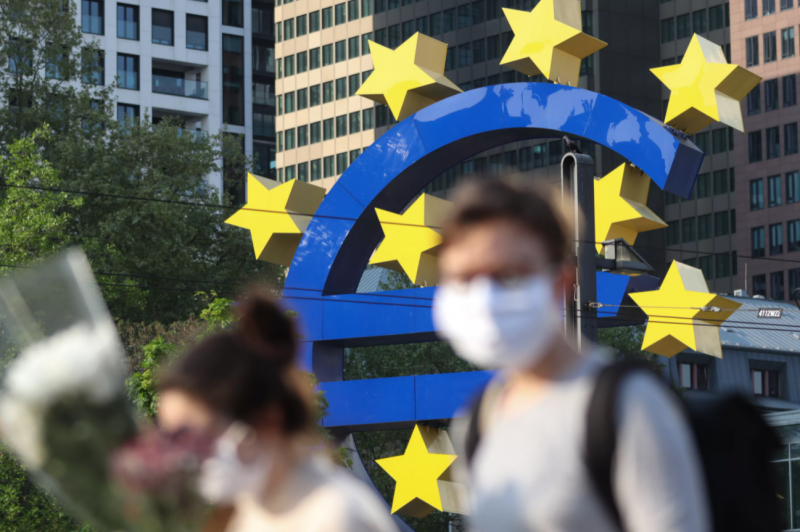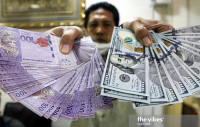BRUSSELS – Inflation in the eurozone soared to a new record high in January, official data showed today, adding pressure on the European Central Bank ahead of a monetary policy meeting this week.
The figure hit 5.1% last month, a first since the official Eurostat agency started to compile the data in 1997.
The European Central Bank, in charge of euro monetary policy, has a medium-term inflation target of 2%.
Its board meets tomorrow and observers expect the ECB to stick to its current rates, which are historically low in the wake of the coronavirus pandemic, despite the inflationary pressure.
Any tightening could threaten economic recovery and weigh down indebted companies and governments.
“January’s inflation data support our view that the ECB will soon forecast inflation to be at its target over the medium term,” the firm Capital Economics said in response to the latest data.
“Accordingly, we think that policymakers will end net asset purchases completely this year and prepare to start raising interest rates in early 2023, if not sooner,” it said.
ECB chief Christine Lagarde has insisted inflationary pressure is “transitory” and should ease over the course of the year. She said the sudden bounce back of economies from Covid-19 restrictions has caused the steep energy price rises.
Inflation had already hit a record 5% in December.
Energy prices soar
Energy accounted for 28.6% of the inflation surge seen in the eurozone in January, Eurostat said. That weight has grown since December, when it was represented 25.9% of the overall price jump.
Food, alcohol and tobacco accounted for 3.6%, also an increase over the previous month, while services jumped 2.4%.
Inflation for non-energy industrial goods rose 2.3% in January, lower than the 2.9% seen in December.
Inflation is becoming a point of increasing anxiety in the eurozone, as in other economies around the world facing supply constraints and sudden demand for energy as businesses try to jump back into pre-pandemic mode.
The European Union is also confronted with other variables weighing on its energy market.
In the short term, there are climbing tensions with Russia – its main natural gas supplier – over Ukraine.
Over the longer term, there is the bloc’s transition towards a net carbon-zero future that will require shifting away from fossil fuel sources to renewable ones. – AFP, February 2, 2022





















